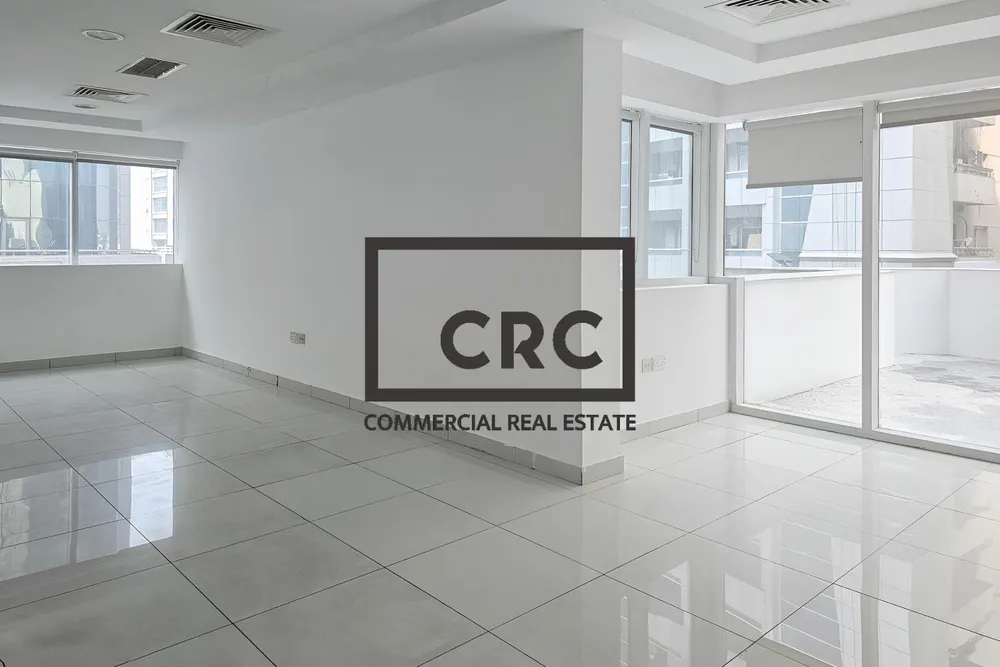Different Types Of Commercial Properties
When considering commercial real estate investment, it is vital to understand the various property types available and their respective characteristics. Each category presents distinct advantages, challenges, and opportunities suited to varying investor preferences and financial goals. As illustrated by the iconic Yes business tower in Dubai’s thriving Business Bay district, astute selection of commercial property type significantly impacts long-term return on investment (ROI). Delving into these categories equips prospective investors with foundational knowledge necessary to understand the vigorous land of commercial property acquisition successfully.
Office buildings:
Ranging from single-tenant structures to sprawling multi-story towers, office buildings serve as workspaces for businesses engaged in professional services, finance, technology, and other white-collar industries. Key factors influencing ROI include location, accessibility, parking availability, and amenities provided. Notably, Yes Business Tower exemplifies modern office space design and functionality, catering specifically to entrepreneurs and SMEs seeking premium facilities within an integrated community setting.
Retail centers:
Encompassing strip malls, shopping plazas, power centers, and regional malls, retail spaces accommodate storefront businesses targeting consumer foot traffic. Crucial determinants of success involve anchor tenants, co-tenancy agreements, visibility, signage rights, and surrounding demographics.
Industrial parks:
Geared towards manufacturing, warehousing, distribution, and logistics activities, industrial parks consist of standalone buildings or interconnected campuses situated near major transportation hubs. Critical aspects affecting ROI entail ceiling heights, loading dock capacities, utility provisions, and environmental compliance standards.
Multifamily complexes:
Apartment buildings, condominiums, townhomes, and cooperatives fall under the umbrella of multifamily housing, offering residential accommodations for individuals or families. Primary drivers of ROI encompass unit mix diversity, common area features, location, and management efficiencies.
Hotels & hospitality venues:
Hotel properties span luxury resorts, boutique establishments, economy lodgings, serviced apartments, and timeshares. Essential elements impacting ROI comprise room count, guest amenities, booking patterns, brand reputation, and destination appeal.
Mixed-use developments:
Blending two or more property uses—such as residential, office, retail, or entertainment components—within a single project, mixed-use developments foster synergistic environments conducive to vibrant, self-contained communities. Central considerations shaping ROI embrace integration of functions, pedestrian connectivity, shared facilities, and complementary tenant rosters. Indeed, Yes Business Tower embodies this concept, harmoniously merging Grade A offices, retail outlets, and recreational venues in a thriving microcosm reflecting contemporary lifestyle aspirations.
